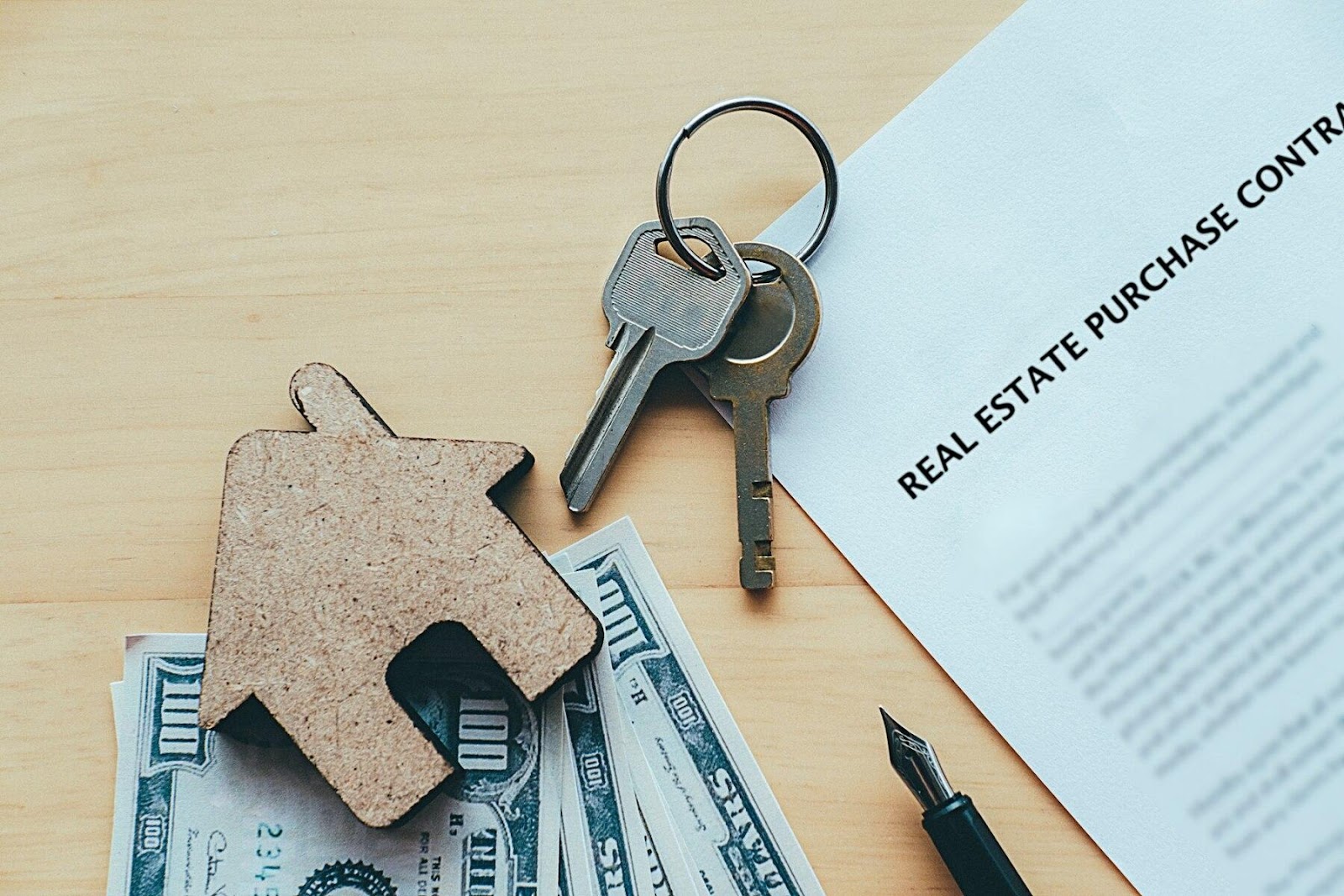Investing in overseas real estate is gaining increasing popularity. With the growing interest in foreign properties, there is also a rise in fraud in this area. It is important to be vigilant and aware of potential risks to avoid unpleasant situations.
Fraud in Real Estate Investments
Real estate has always been considered a reliable investment method. However, the virus of fraud has infiltrated this sector too. There are various schemes used by fraudsters to deceive investors. One of the most common schemes is offering a property at too low a price to lure the victim.
Fraudsters may also use fake documents to create an impression of legitimacy for their offers. These can be fake ownership certificates, contracts, and even business licenses. For example, a fraudster may offer you to buy an apartment in a "sale" using fake documents, and then disappear with your money.
Deception with Buying Property Abroad
Buying property abroad can not only be a great investment opportunity but also a trap. Often, potential buyers are not informed about taxes, fees, and other payments that can significantly increase the total cost of the property. Some agents or owners may use tricks to intimidate the buyer - for example, saying that another person is already interested in the property, requiring an immediate decision. This is a typical manipulation used to speed up the deal and suppress the buyer's critical thinking.
It is important to conduct your own market research and thoroughly check every offer. Do not rely solely on the information provided by the agent; it is also necessary to get opinions from independent experts.

Resort Real Estate Scams
Many people seek to invest in resort apartments or houses, hoping to earn rental income. Fraudsters use this dream to their advantage, creating illusions that can deceive even experienced investors.
One type of scam involves "long-term rentals." Fraudsters offer favorable rental conditions, promising high income. However, once the investor completes the deal, it turns out that the property is already occupied by other tenants or not available at all. In such cases, the investor's money disappears, and it is very difficult to get it back.
There is also the practice of prepayment. An investor might be convinced to make a prepayment for a property that turns out to be nonexistent. Such schemes are especially dangerous if the deal is conducted over the internet, and there is no opportunity to personally inspect the property.
Fraud in Apartment Investments
Investing in apartments may seem attractive, especially if the money is invested in developing countries with low housing costs. However, this also opens doors to fraud. Fraudsters may showcase beautiful plans of new complexes and attract investors, asking them to invest money at the construction stage. However, it often turns out that the project is not implemented, and the attracted funds are used for other purposes.
Another scam involves fraudsters presenting nonexistent apartments, creating fake photos and descriptions. After receiving the money, they disappear, leaving the victim without investments and without housing.

Fake Documents for Villas
Fake documents are another threat that investors face. Documents may appear completely legal, and only a narrow group of experts may detect discrepancies. Therefore, it is important to have reliable lawyers or real estate specialists who can help verify the authenticity of all documents before making a deal. Fake documents are often used to arrange mortgages on properties. Fraudsters may force the victim to sign a loan agreement based on false income data or fake information about property owners.

Scam with Foreign Real Estate
Fraud with foreign real estate encompasses many different schemes. Therefore, before making an investment, always conduct thorough research. Understanding how the local real estate market works, what taxes exist, and what documents are required for the purchase is critically important.
Also, pay attention to reviews about the companies and agencies through which you plan to make deals. Negative reviews may indicate problems that you could avoid.
Checking investments in housing may seem like a daunting task, especially if it needs to be done abroad. Nevertheless, there are some basic steps that can help reduce risks:
- check the legitimacy of the agent. Make sure the agency has the appropriate licenses and positive reviews. It is also important to consult independent specialists for an objective opinion.
- ask to provide all property documents. Make sure you receive the official papers and understand them. If you are unsure about something, do not hesitate to ask questions. Owners or agents are obliged to answer your inquiries without hidden motives.
- contact local institutions or the consulate to get information on the legal aspects of purchasing real estate. This can help you avoid troubles associated with unscrupulous partners.
It is also helpful to listen to your instincts. If something seems suspicious or deals look too good to be true, they probably are. It is always better to exercise caution and spend time researching than to regret the mistakes made later.

Conclusion
Investing in overseas real estate can be a great opportunity to increase capital, but it also carries high fraud risks. Understanding existing schemes and deception methods will help you avoid unpleasant consequences.
